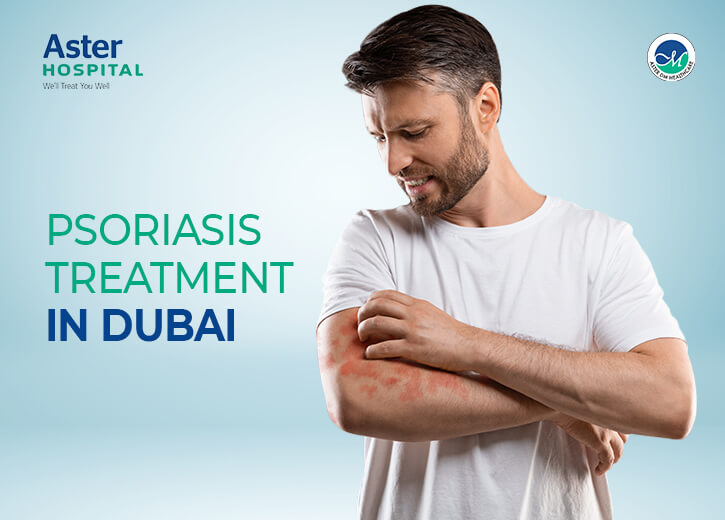Psoriasis is one of the serious global problems that has affected around 100 million people. According to reports, it affects over 7.5 million US adults every year. This disease can affect many areas of life other than physical health. The lifestyle changes due to Psoriasis can be challenging. You can visit the best dermatologist in Dubai for treating Psoriasis at the best hospital in Dubai.
This disease can’t be cured but can be under control through treatment. A GP can treat your psoriasis if it’s not severe or critical. However, you may have to consult a good dermatologist for advanced treatment, depending on the type and severity of your psoriasis. The basic treatment for the disease involves topical creams applied to the skin.
Let’s have a look into some of the effective treatments that are available for Psoriasis.
Topical treatments
If you have mild to moderate psoriasis, then you can opt for topical treatments. In this treatment, you will have to apply ointments and cream applied to the affected area. It can take up to six weeks for you to see the results. In the case of scalp psoriasis, you can use a combination of shampoo.
Emollient treatment
If you suffer from mild psoriasis, then you can try the emollient treatment. This treatment falls under topical treatment. In this treatment, you will apply moisturizer Emollients to the skin. It will help prevent water loss and create a protective film on the skin. This type of treatment also reduces scaling and itching.
Vitamin D analogues
For mild to moderate psoriasis, applying vitamin D analogue creams to the skin can be helpful. These creams are better than steroid creams. Vitamin D analogue creams possess an anti-inflammatory effect that slows down the production of skin cells. These are some of the good Vitamin D analogues available: calcipotriol, calcitriol and tacalcitol.
Phototherapy
Phototherapy treatment is used to treat psoriasis through natural and artificial light. This treatment requires the strict supervision of a dermatologist.
Ultraviolet B (UVB) phototherapy
This treatment is carried out through a wavelength of light invisible to human eyes. You can prefer this treatment if you aren’t getting results through topical treatments. UVB slows down the production of skin cells. This treatment can take up to six weeks to eight weeks and each session involves just a few minutes.
Psoralen plus ultraviolet A (PUVA)
This treatment is advised for people who have severe psoriasis. But this treatment has side effects such as headache, nausea and itching. You will be given a psoralen-based tablet in this treatment or psoralen can be directly applied to the skin as well. After following the necessary treatment, your skin will become light sensitive. By following the treatment, the skin is more exposed to UVA light than UVB light.
Methotrexate treatment
It is one of the effective non-biological treatments for psoriasis. In this treatment, your skin production will be slowed down and inflammation will be prevented. This treatment shows results in a week. However, this treatment has many side effects such as nausea and other major ailments.



